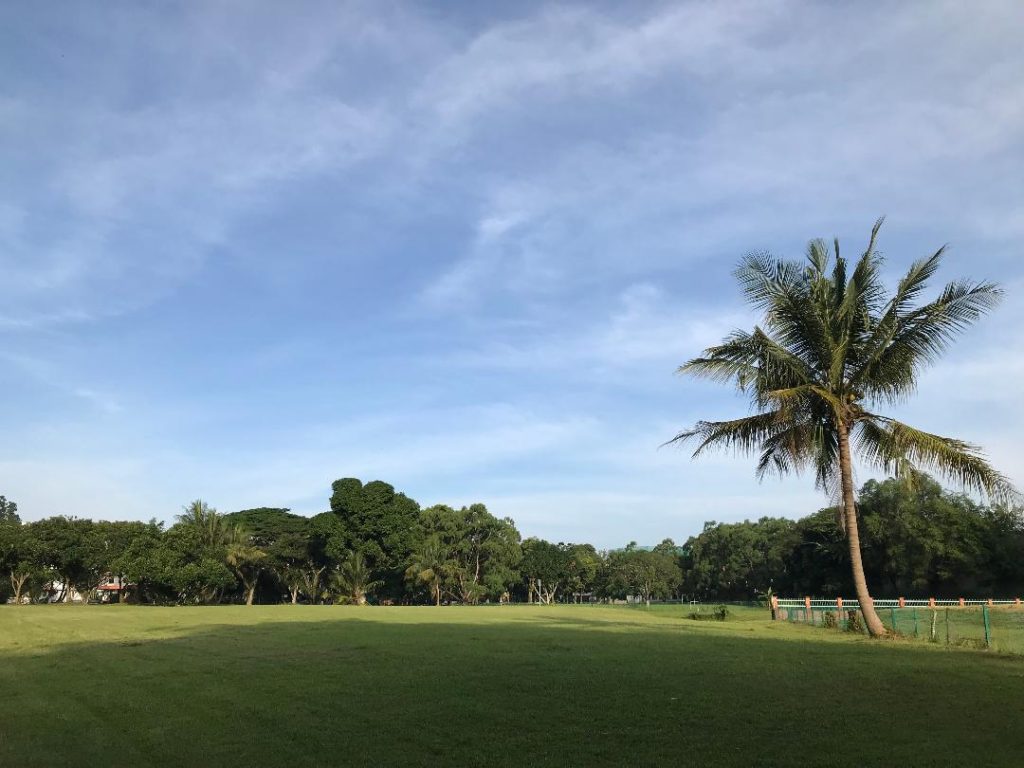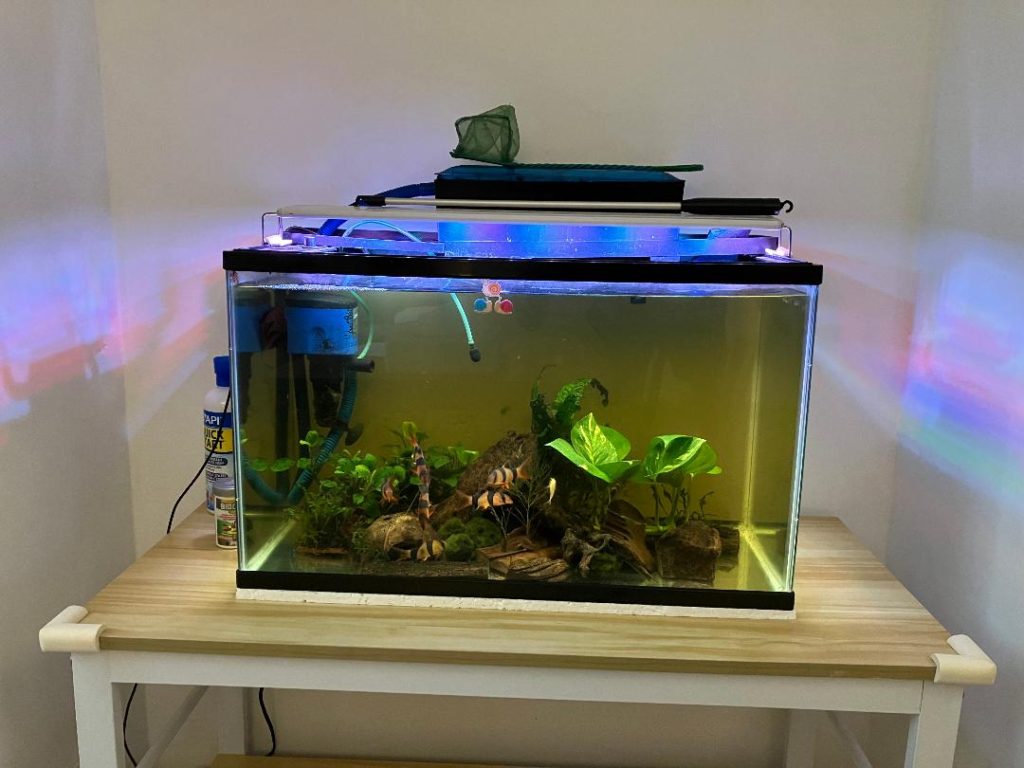
As our world population just went past 8 billion people at the end of last year and is expected to reach 10 billion by the end of this century, the problem of overpopulation led to many other growing issues like increased urbanization thru deforestation, increased demand for basic resources such as food, water, energy put pressure on our Earth’s finite resources. These will ultimately destabilize our Earths’ natural ecosystems and exacerbates environmental degradation which increases our existential risks such as climate change, increased conflicts like Russia-Ukraine and large-scale disasters like Covid-19.

So with the growing population, we need to grow our global GDP to ensure that the quality of life of everyone had indeed become better. The rising global income since the Industrial Revolution had undeniably became the leading barometer towards global poverty reduction, improved life expectancy due to medical advancement, increased investment in technology development and a higher material standard of living in general.
There is this interesting article about the “THE AVERAGE AMERICAN TODAY IS RICHER THAN JOHN D. ROCKEFELLER IN 1916” which illustrates our quality of life in multiple aspects had indeed became exponentially better with technology advancement at a fraction of the cost that you will not want to go back to 1916 to become a billionaire like John D. Rockefeller during then.

Then the obvious question to ask will be if most people have enough wealth to enjoy a higher quality of life.
Our wealth’s growth in tandem with the economy will be an important indicator to see if people could afford the basic necessities like food, water, energy, healthcare, shelter over their head etc. The below wealth distribution pyramid shows how our global wealth is being distributed. You will see a great wealth disparity which indicates that more than 90% or 4.5 billion (People with wealth of up to $100k) working adults might potentially face difficulty in maintaining a certain quality of life with the rising cost of living and healthcare.
In addition, the global income inequality graph clearly show that the bottom 50% of the world population’s income has been on a clear down trend in the past 200 years while the middle 40% going sideways mostly with a slight uptick in the last 20 years.

The above statistics suddenly dawn on me when I was looking at my own aquarium. I was trying to create the perfect environment for the fishes to thrive by ensuring the water quality is good, install good filtration system, making sure the fishes are well fed and healthy with the natural plants to complete the eco-cycle of the aquarium.
There was a period of time where the fishes just live peacefully and enjoy their time in the aquarium, where life seems so good and stable for them. As human, we tend to get bored after a prolong period of inactivity, so we will try to add in more fishes or plants just to give the aquarium a fresher look. But when you do that excessively, the fishes and plant will die for no reason until it reaches another stable period where the aquarium continues to thrive with the right amount of fishes and plants. So I did that for a few rounds and the exact same thing happens over and over again. Then something struck me, saying that if I could have been satisfied with lesser activity, I might not have spent too much time, money and effort to enhance the aquarium and the fishes/plants might not have died in the first place. It might have been better off if I could just do nothing or just make small gradual addition once in a while.

So I’m drawing this parallel between our aquarium and mother earth, that by having more people which requires more resources to maintain certain quality of life is tougher than if we could just maintain our status quo with the “right” population replacement rate to live on our earth’s limited resources. By growing our economy at all cost by way of increasing our population or by loosening immigration policies, and at the same time ensuring everyone is leading a higher quality life is like a zero sum game. Increasing population is not a sustainable way of growing an economy and there will be social implications and climate costs to it which we are already witnessing nowadays. So it is important to adopt a balance approach to make sure our people’s well being, our environment and our economy are well taken care of.
The other way to grow your economy is to increase demand for goods and services, which companies are mandated to market new or improved products to increase their profit. At the same time, this creates a society that grows on envy and not because of an absolute need for that particular product. You buy things not because you need it, but you envy the person beside you for having it. That creates the “Keeping up with the Joneses” effect and the fallacy that having abundance makes you happy.
Being a minimalist like myself, I’m pretty satisfied with my life right now, getting the right amount of work, family/friends time, exercise, sleep and leisure time. That is why the idea of designing your life around work is so important to make sure that every aspect of your life is well taken care of which I blogged about this previously. Not being pressurize by societal expectations and what my neighbours own is mind freeing. Knowing how much is enough is very important and living life on your own terms is the ultimate pursue that everyone should seek.
Is life all about the accumulation of more stuff to “enhance” our lives which I blogged previously or about being grateful at the sweet spot of having enough?
So that begets the question of living with abundance or having enough is the way forward?
Please share with me your thoughts.

